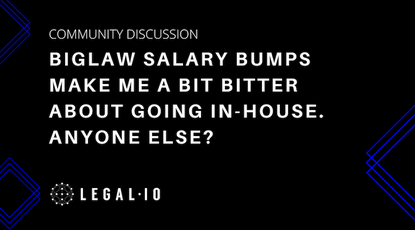BriefCatch was developed by founder Ross Guberman, based on his own experiences as a legal writing coach through his company Legal Writing Pro. Until this seed round, the company had managed to bootstrap operations and remained consistently profitable.
Guberman shared the company's plans to use this investment for multiple purposes, including launching a suite of associated products, introducing two AI-powered features based on a proprietary Knowledge, Content, and Models Library, enhancing BriefCatch's training and development components, doubling the current size of the company's team, and creating a standard-setting Legal Writing Advisory Board.
The latest version of the software, BriefCatch 3, now offers compatibilities, including real-time editing, a rebuilt rules engine, improved natural language processing, and support for Mac users. According to Guberman, BriefCatch has tens of thousands of customers, including law firms of various sizes and specialties, large government agencies, several Supreme Court justices, and the majority of federal circuit courts.
In 2018, it was reported that BriefCatch was compared with two other legal editing programs through editing four opinions authored by Supreme Court Justice Neil M. Gorsuch. The software was also used in 2022 to analyze the controversial leaked draft of Justice Samuel Alito's majority opinion in the case of Roe v. Wade.
With the seed funding secured, it will be interesting to observe how BriefCatch develops its technology further and how AI-powered features will advance its impact within the legal sphere.








